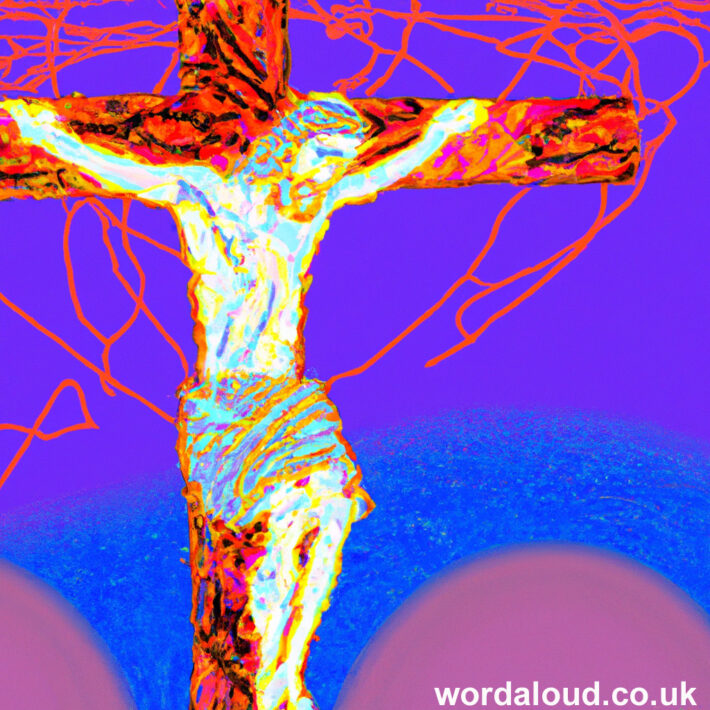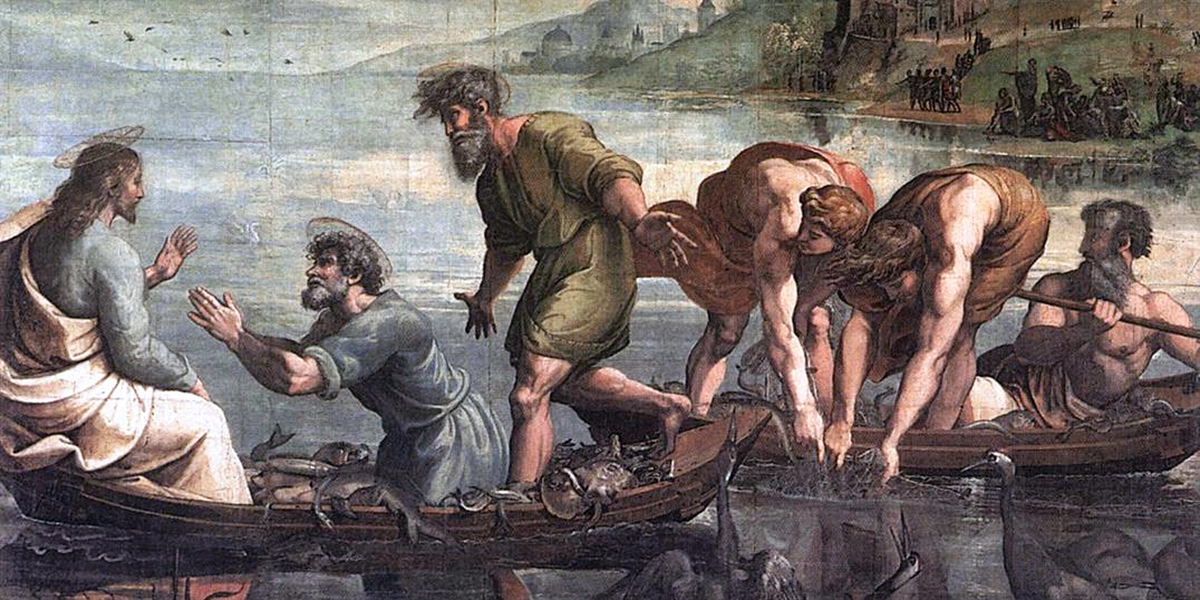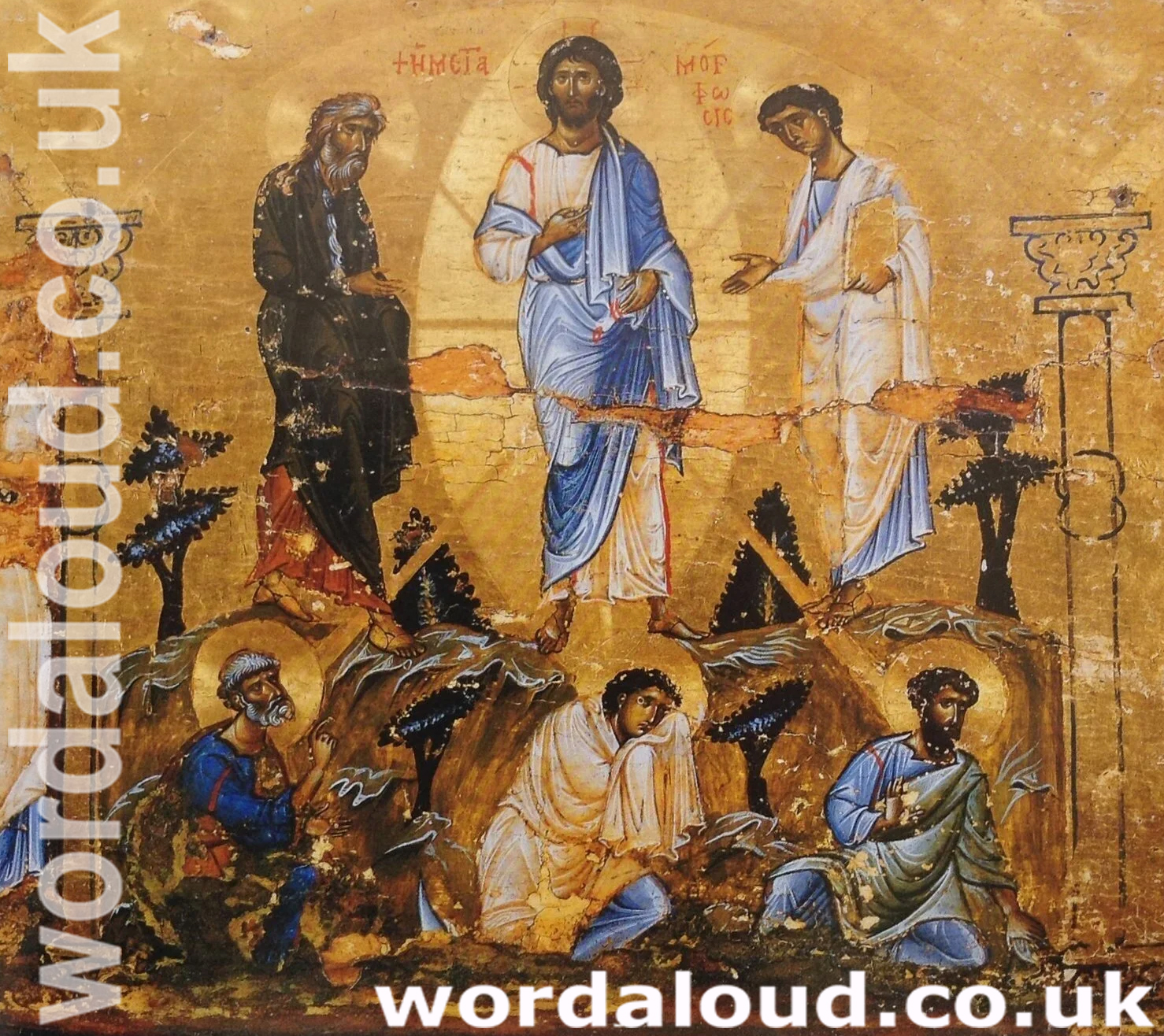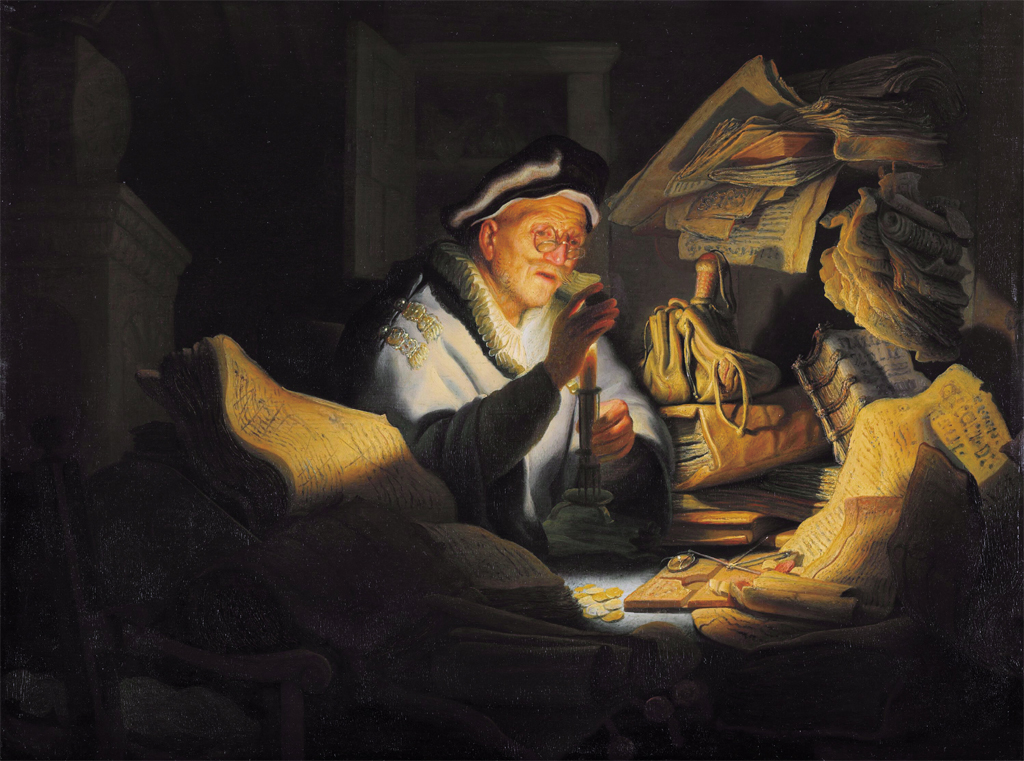Christian Art | Prayer With Jesus | Psalms | Who Shall Abide In God’s Sanctuary | Psalm Of David
Psalm 15 | King James Audio Bible
Psalm 15 explores what it means to have integrity, and balance between actions and beliefs.
We stand at the threshold of a holy place. Who gets in? Psalm 15 lists qualities for those who belong on the sacred hill.
The psalm asks who can stay in God’s dwelling and live on the holy hill.
The psalmist highlights upright behaviour and righteous deeds as signs of integrity. Truthful speech rooted in the heart is emphasized. Harmful words and actions are avoided. Backbiting and tale-bearing are rejected.
The psalm shifts focus to how we see others – contempt for bad behaviour, honour for those revering the Lord. A remarkable trait is making a promise despite hardship, and sticking to it.
The psalm touches on economics, stressing ethical finances and fairness. The psalm promises stability for those embodying these qualities.
Psalm 15 prompts reflection on interplay between actions, beliefs, and the qualities of integrity. It is a portrait of ethical living, inviting the Christian to consider who belongs on that holy hill.
Psalm 15 | King James Audio Bible KJV
Lord, who shall abide in thy tabernacle? who shall dwell in thy holy hill?
He that walketh uprightly, and worketh righteousness, and speaketh the truth in his heart.
He that backbiteth not with his tongue, nor doeth evil to his neighbour, nor taketh up a reproach against his neighbour.
In whose eyes a vile person is contemned; but he honoureth them that fear the Lord. He that sweareth to his own hurt, and changeth not.
He that putteth not out his money to usury, nor taketh reward against the innocent. He that doeth these things shall never be moved.
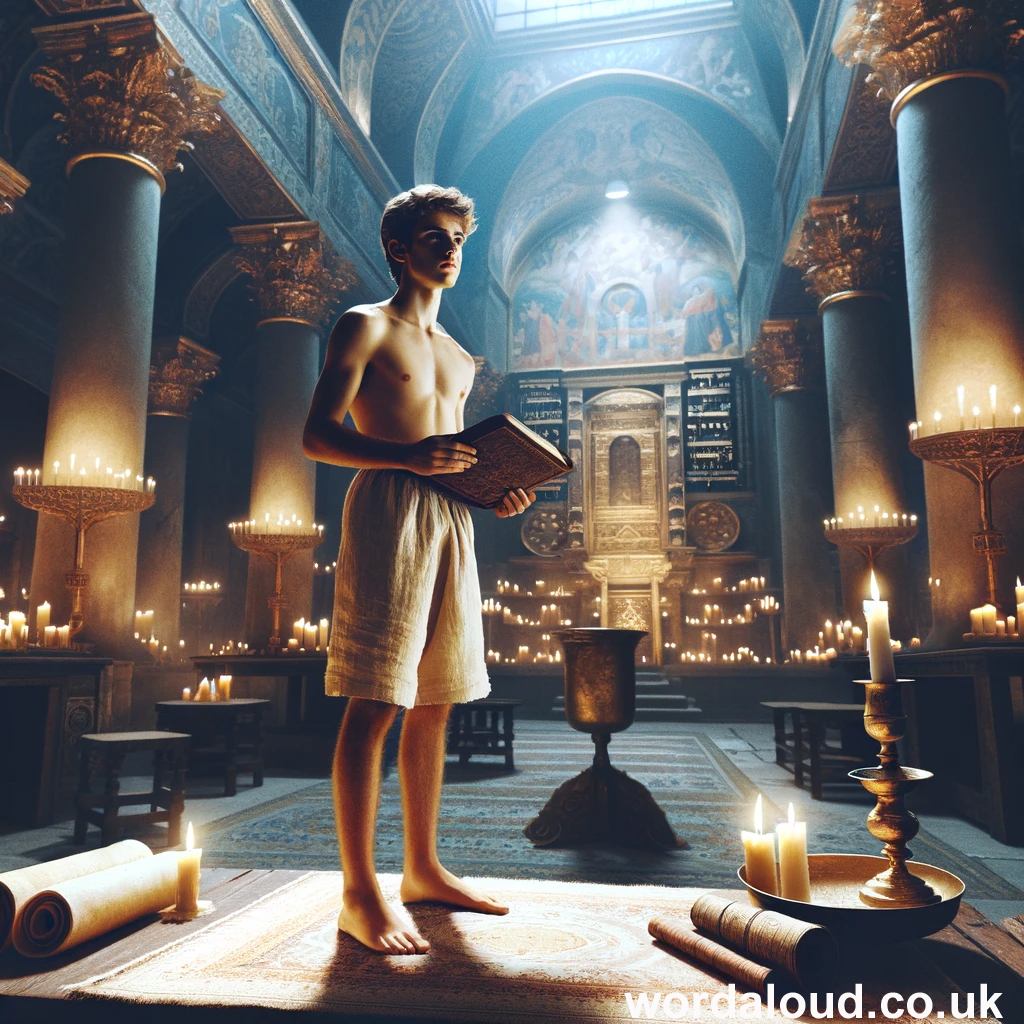
Key Themes Of The Psalm For Reflection | Love Revealed By Jesus Christ
- Qualities of Integrity: Psalm 15 explores the qualities that define a person of integrity.
- Dwelling in God’s Presence: The psalm asks who can abide in God’s dwelling place and reside on the holy hill, inviting contemplation on divine closeness.
- Upright Behaviour: The psalm highlights the importance of walking uprightly and working righteousness as key attributes of integrity.
- Truthful Speech: Truth spoken from the heart is underscored as a pivotal quality that reflects inner convictions.
- Avoiding Harm: Harmful actions, including backbiting and tale-bearing, are rejected in favor of ethical behaviour.
- Respectful Perception: The psalm contrasts contempt for vile behaviour with honour for those who revere the Lord, emphasizing respectful perception of others.
- Steadfast Promises: A commitment to promises, even when difficult, is celebrated as an integral aspect of integrity.
- Ethical Finances: The psalm touches on the importance of ethical financial dealings and refraining from exploiting the innocent.
- Stability and Unshakenness: The psalm concludes by promising stability and firmness for those who embody these qualities of integrity.
- Balancing Actions and Beliefs: Psalm 15 delves into the balance between outward actions and inner convictions, inviting us to reflect on what it means to live with integrity before God and humanity.


